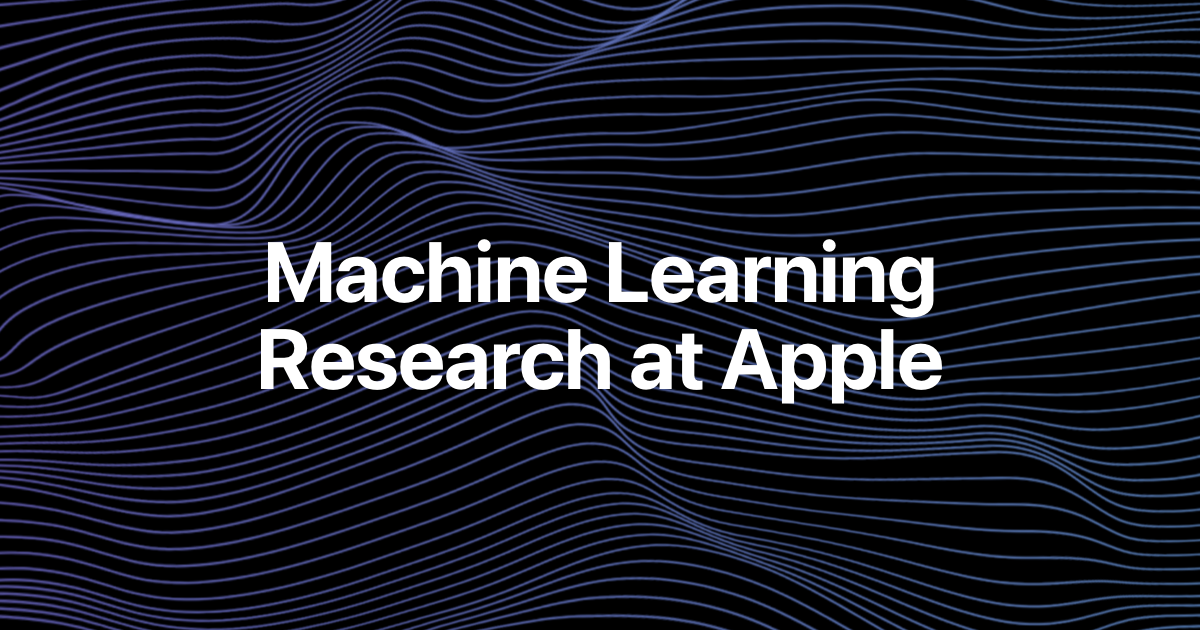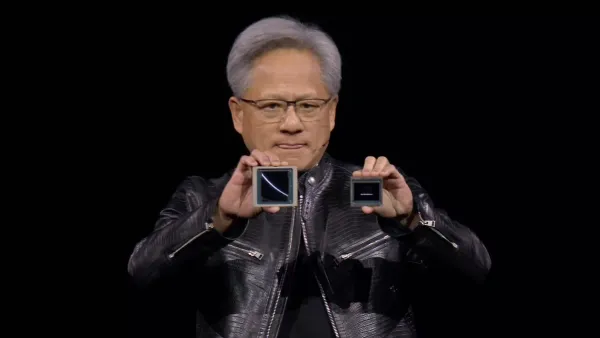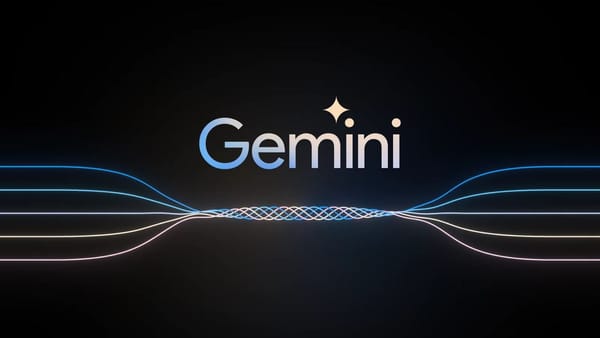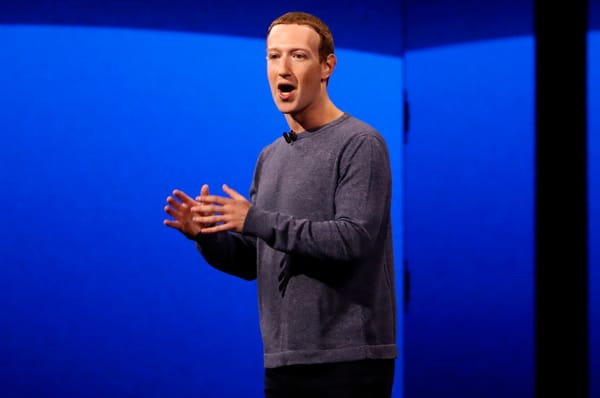Apple is currently in talks with leading news and publishing organizations to obtain permission to use their content in the development of generative artificial intelligence systems. The company has proposed multi-year agreements worth at least $50 million to license archives of news articles. Publishers being negotiated with include Condé Nast, NBC News and IAC.
These talks are Apple's attempt to catch up with rivals in the race to develop generative AI capable of creating human-like content. Although other companies such as Microsoft, OpenAI, Google and Meta have already released products based on this technology, Apple has not been actively involved in discussions about artificial intelligence for a long time.

However, some publishers have expressed concerns about Apple's offer, saying its terms are too broad. Questions have been raised over broad archival licensing, as well as uncertainty over exactly how Apple plans to use generative AI in the news industry.
Despite the potential risks, some news executives see potential for future strategic partnerships in Apple's approach. For now, the company remains an active participant in the negotiation process, preferring a permission-seeking approach, which sets it apart from other companies that often close deals after using content to train generative models.
Apple, while maintaining a focus on data privacy, faces internal debate over how to collect the necessary data to create generative products. Concerns in the news industry revolve around possible changes in reading behavior caused by generative systems such as OpenAI's ChatGPT.
These actions by Apple and other companies highlight the importance of protecting intellectual property and establishing clear rules for the use of content in training artificial intelligence systems.









